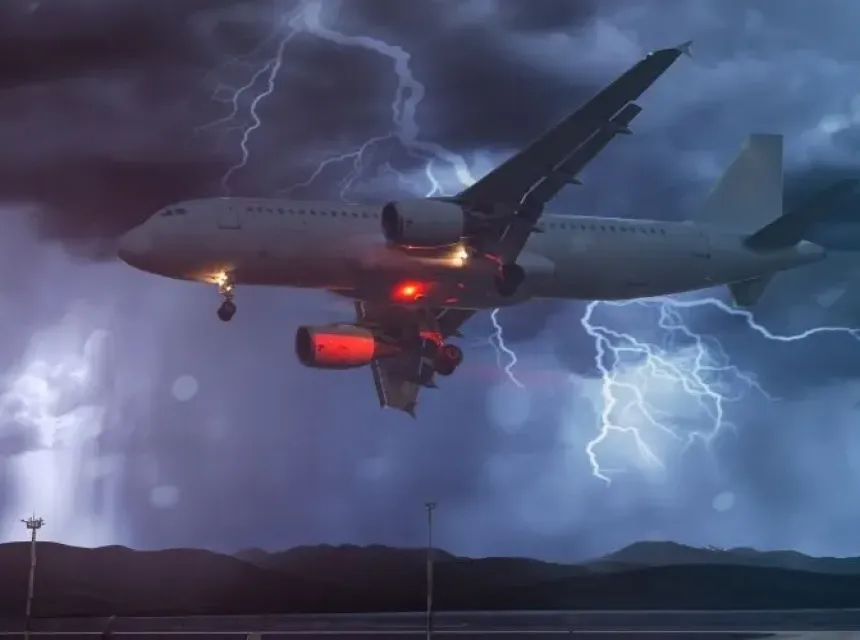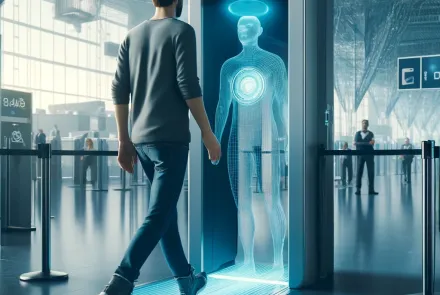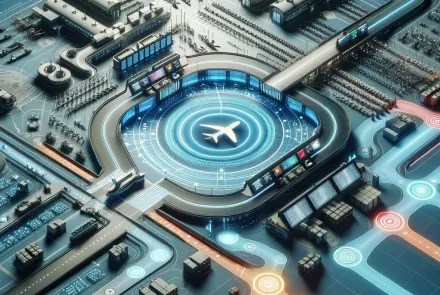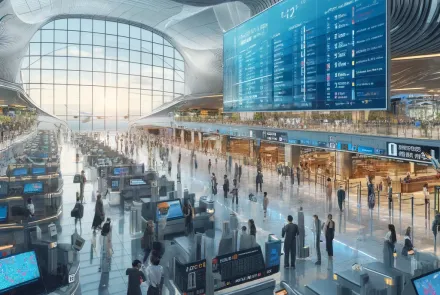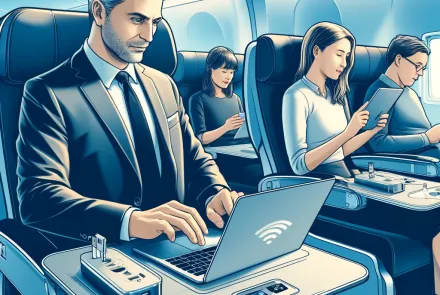Navigating Turbulence : The Impact of Global Events on Airline Operations and Travel Patterns
The airline industry operates in a dynamic environment shaped by global events such as natural disasters, geopolitical tensions, pandemics, economic crises, and technological advancements. These events have a profound impact on airline operations, travel patterns, passenger behavior, and industry dynamics.
1. Economic Downturns and Recessions:
- Economic downturns, recessions, and financial crises can significantly affect air travel demand and passenger spending. Airlines may experience declines in bookings, reduced yields, and pressure on profitability during periods of economic uncertainty.
- To mitigate the impact of economic downturns, airlines may adjust their capacity, optimize routes, implement cost-saving measures, and offer promotions to stimulate demand.
2. Natural Disasters and Weather Events:
- Natural disasters, severe weather events, and climate-related disruptions can disrupt airline operations, lead to flight cancellations and delays, and impact airport infrastructure. Hurricanes, earthquakes, volcanic eruptions, and extreme weather conditions pose challenges to airline safety and reliability.
- Airlines deploy contingency plans, collaborate with meteorological agencies, and leverage technology to monitor weather patterns, reroute flights, and minimize disruptions to passenger travel.
3. Geopolitical Tensions and Security Concerns:
- Geopolitical tensions, terrorism threats, and security incidents in regions around the world can affect airline operations, route planning, and traveler confidence. Political instability, armed conflicts, and airspace restrictions pose risks to airline safety and security.
- Airlines work closely with government agencies, intelligence organizations, and international bodies to assess security threats, implement security protocols, and ensure the safety of passengers and crew.
4. Global Health Crises and Pandemics:
- Global health crises, such as pandemics and infectious disease outbreaks, have a profound impact on air travel demand, passenger behavior, and airline operations. The COVID-19 pandemic, in particular, has led to widespread travel restrictions, border closures, and a sharp decline in air traffic.
- Airlines implement health and safety measures, such as enhanced cleaning protocols, social distancing measures, and mask mandates, to protect passengers and crew from the spread of infectious diseases. They also adapt their schedules, suspend routes, and adjust capacity in response to changing travel restrictions and demand patterns.
5. Technological Advancements and Industry Disruptions:
- Technological advancements, disruptive innovations, and industry transformations can reshape the competitive landscape and alter travel patterns in the airline industry. Digitalization, automation, artificial intelligence, and blockchain technology are driving changes in airline operations, customer service, and distribution channels.
- Airlines embrace digital transformation initiatives, invest in new technologies, and collaborate with startups and tech companies to enhance operational efficiency, improve customer experience, and stay ahead of industry disruptions.

